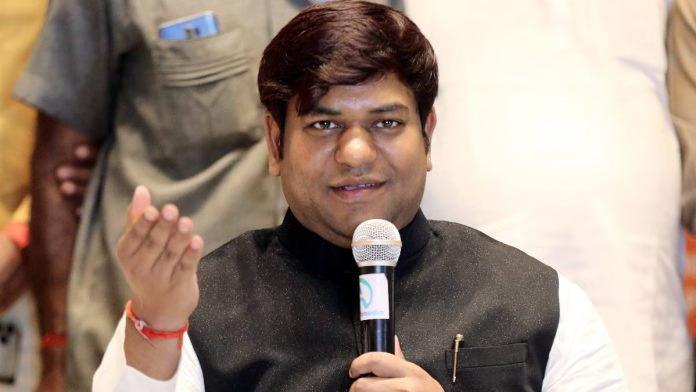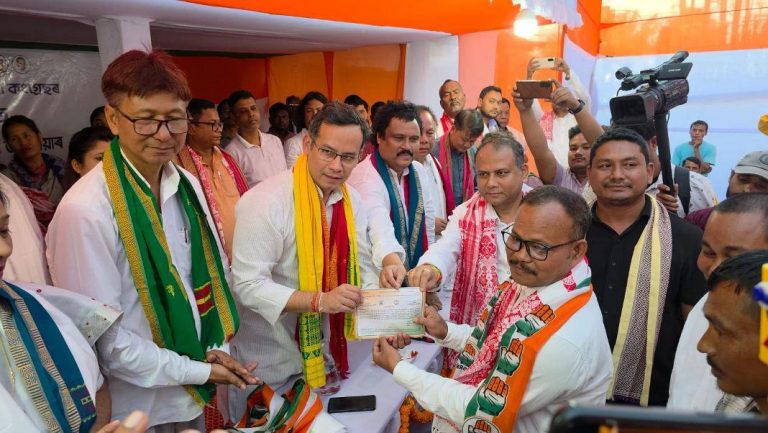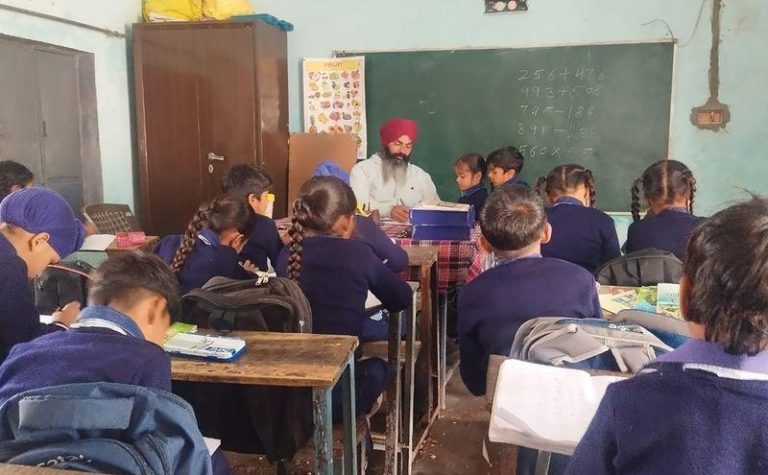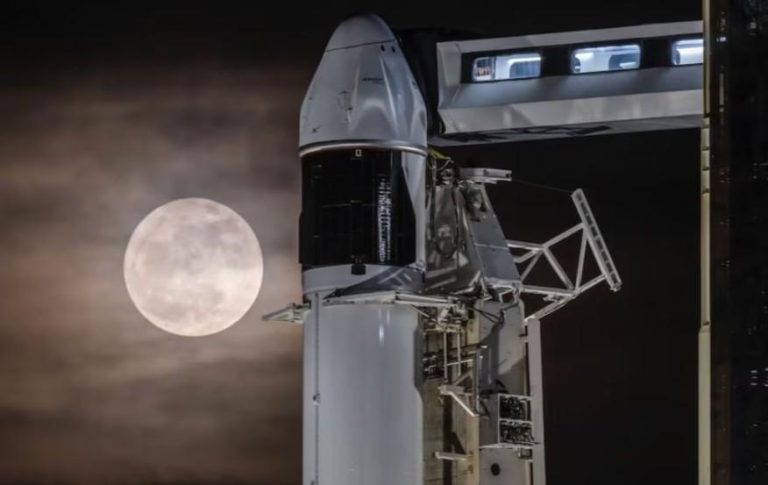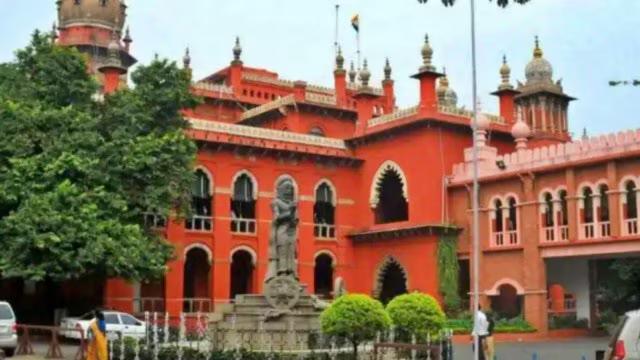
Don’t use name of living personalities in govt ads: Madras HC
In a significant decision, the Madras High Court has restrained the use of names, photographs of living leaders, and party symbols in advertisements for government welfare schemes. The interim order was passed by the court in response to a plea against the DMK-led Tamil Nadu government’s promotional practices.
The court while issuing the order said, “It wouldn’t be permissible to mention the name of the living political personality in the nomenclature of a government scheme.” This means that the government cannot use the names of current political leaders or party symbols to promote its welfare schemes.
The court’s order comes as a relief to those who have been critical of the government’s practice of using the names and photographs of living leaders to promote its schemes. Many have argued that this practice is an attempt to garner political mileage and not to genuinely promote the welfare of the people.
The petition was filed by a Chennai-based advocate, who claimed that the government’s practice of using the names and photographs of living leaders in advertisements was unconstitutional and an abuse of power. The advocate argued that the government was using the publicity machinery to further its political interests and not to serve the public interest.
The court’s order has implications for the government’s promotional activities, particularly in the run-up to elections. The government has in the past used the names and photographs of living leaders to promote its schemes and attract voters. However, with the court’s order, it will no longer be able to do so.
The court’s decision is also significant because it sets a precedent for other courts to follow. It sends a strong message to governments across the country that they cannot use the names and photographs of living leaders to promote their schemes and gain political mileage.
The court’s order is also a victory for those who have been fighting against the misuse of government machinery for political purposes. It is a reminder that governments must remain impartial and not use their power to promote their political interests.
In recent years, there have been several instances where governments have been accused of misusing their power to promote their political interests. The most recent example is the controversy surrounding the use of government machinery to promote the BJP’s campaign during the Lok Sabha elections.
The court’s order is a welcome step towards ensuring that governments remain impartial and do not use their power to promote their political interests. It is a reminder that governments must serve the public interest and not use their power to further their own interests.
In conclusion, the Madras High Court’s order is a significant decision that sets a precedent for other courts to follow. It sends a strong message to governments across the country that they cannot use the names and photographs of living leaders to promote their schemes and gain political mileage. It is a victory for those who have been fighting against the misuse of government machinery for political purposes and a reminder that governments must remain impartial and serve the public interest.
